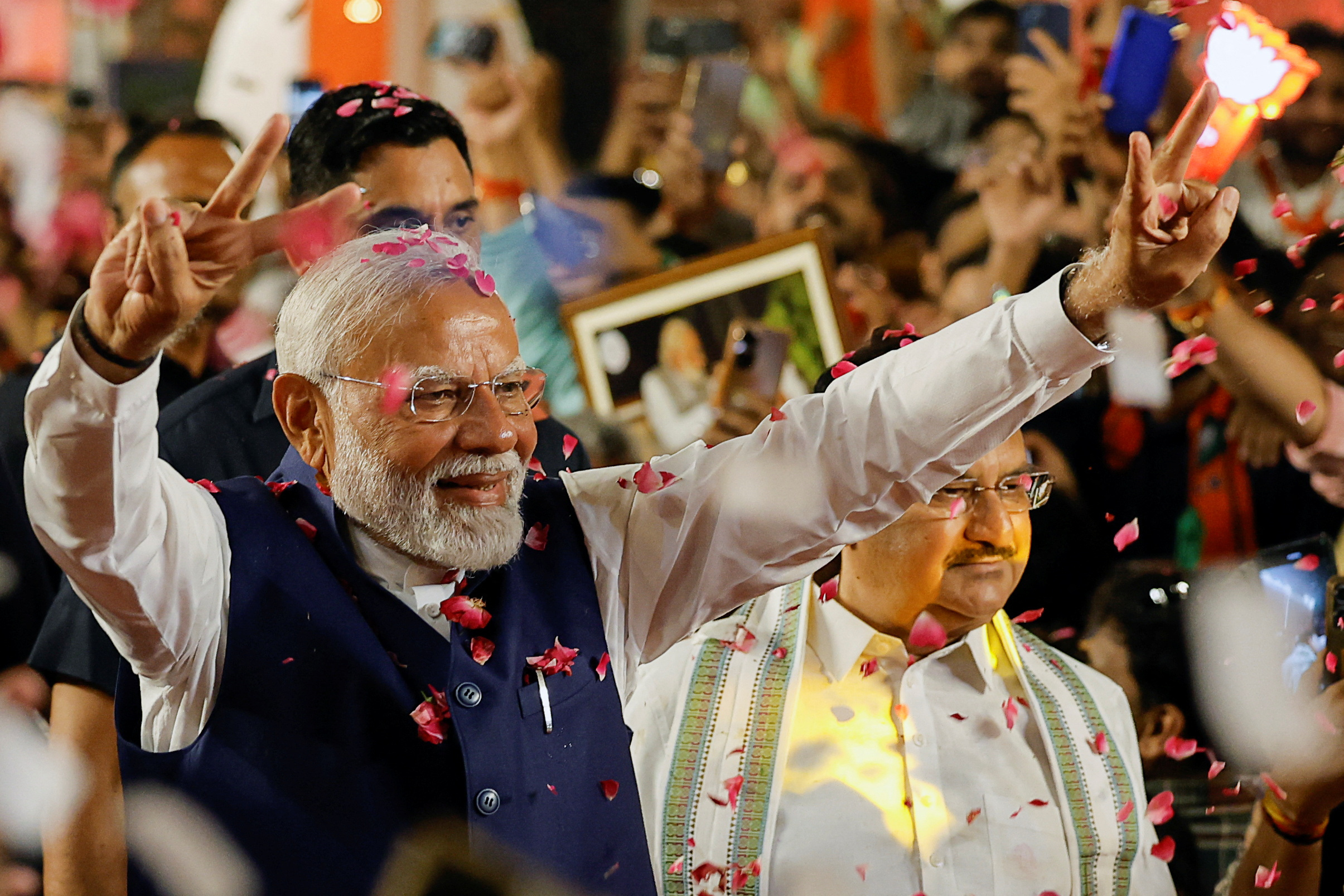China is a socialist one-party state with the Communist Party of China (CPC) as the ruling party. The political system in China is characterized by a unique combination of communist ideology and authoritarian governance. While there are elections at various levels, the CPC maintains a firm grip on power, and the electoral process is tightly controlled. Here is some information about the election system in China:
- National People’s Congress (NPC): The NPC is the highest organ of state power in China. It is the legislative body and consists of approximately 3,000 members known as deputies. The deputies are elected from different administrative divisions, including provinces, autonomous regions, and municipalities directly under the central government. However, the candidates are pre-selected by the CPC, and competitive multi-party elections do not take place.
- Elections at Lower Levels: Elections also take place at the local levels, including provinces, cities, and counties. However, the selection and nomination of candidates are typically controlled by the CPC and its affiliated organizations. The electoral process is heavily influenced by the party’s vetting mechanisms, ensuring that only CPC-approved candidates are eligible for office.
- Party Leadership and Appointment: The CPC maintains a centralized leadership structure, with the General Secretary of the CPC being the highest-ranking official in the country. Party leadership positions and appointments play a significant role in shaping the political landscape and government structure in China.
- Role of the CPC: The CPC holds a dominant position in Chinese politics and governs through a system of party committees at various levels. The party exercises substantial control over the political decision-making process, policy formulation, and the selection of candidates for key positions.



